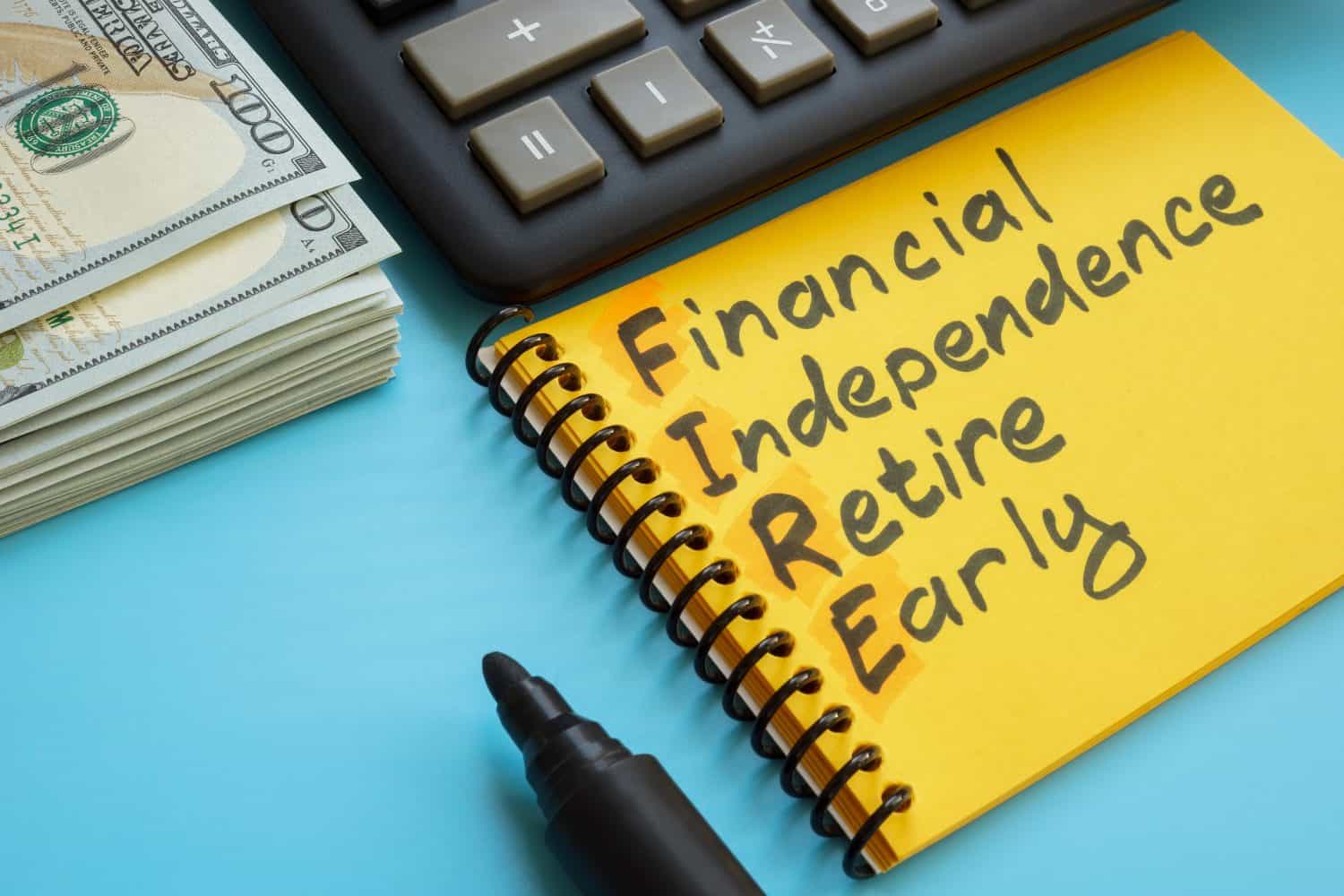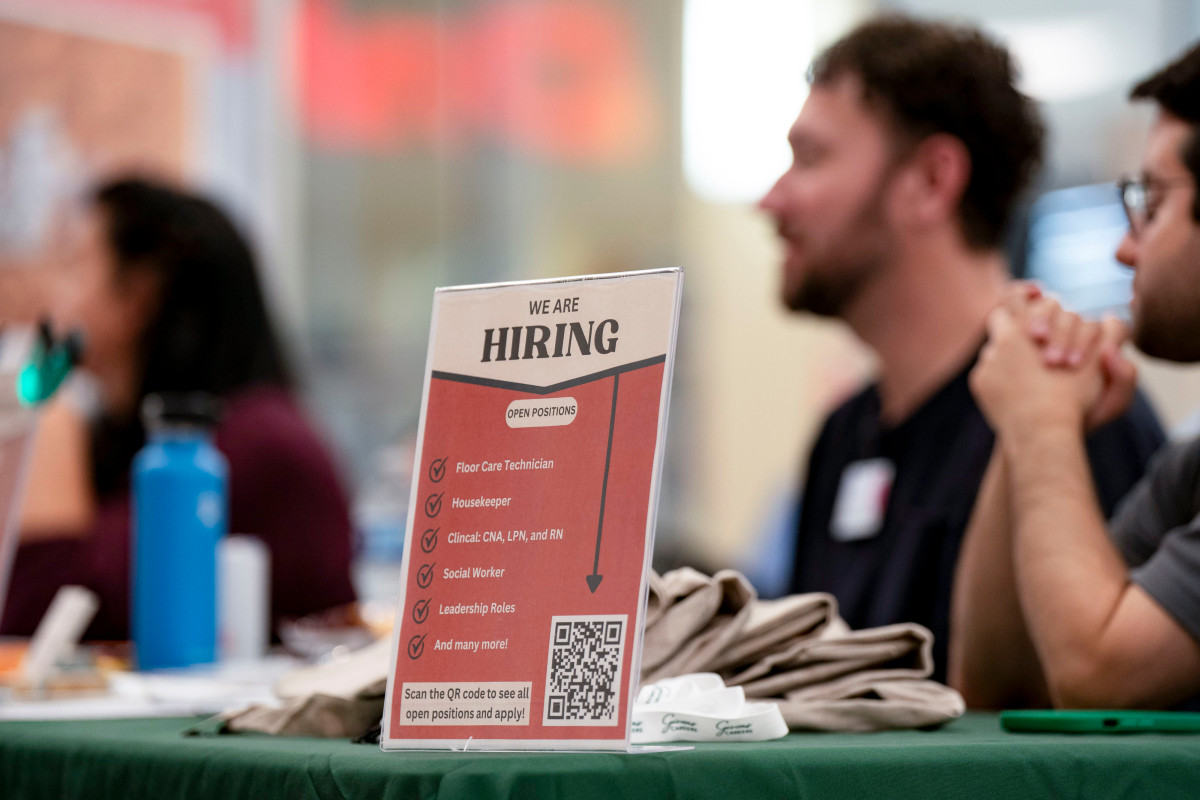At 26, I’m paying off £13,000 in debt while caring for my disabled mother—how can I break free from financial fear?
It’s incredibly challenging to take the role of a primary caregiver in one’s 20s. Undoubtedly, it’s already tough to get one’s life and career on the right footing without having to spend considerable sums of debt while spending much of one’s free time caring for a loved one. Indeed, there are no simple answers for […] The post At 26, I’m paying off £13,000 in debt while caring for my disabled mother—how can I break free from financial fear? appeared first on 24/7 Wall St..

It’s incredibly challenging to take the role of a primary caregiver in one’s 20s. Undoubtedly, it’s already tough to get one’s life and career on the right footing without having to spend considerable sums of debt while spending much of one’s free time caring for a loved one. Indeed, there are no simple answers for those put in such a tough position. And while there’s limited financial flexibility, I do think that some small minor steps can help one drive down their financial anxieties.
In this piece, we’ll look into the age of a Reddit user, 26, who recently asked the r/personalfinance subreddit for tips on how they can better manage their finances, given their incredibly demanding role as an indebted caregiver.
With £13,000 in debt, which works out to just north of $17,000, and interest that’s accumulating over time, our Reddit user seems to be between a rock and a hard place. In any case, managing a budget is an absolute must so that the Reddit user can throw every last extra dollar (or, in this case, the Great Britain pound) at the pile of debt.
Of course, it’s going to be a really tight budget that one may struggle to stay within in any given month. Either way, the Reddit user should crunch the numbers and form a strategic game plan so that they can tackle the debt while managing their other hefty responsibilities as a primary caregiver.
Key Points
-
Managing a debt load as a caregiver isn’t easy. But budgeting and jolting income are the best ways to climb out of the hole.
-
Are you ahead, or behind on retirement? SmartAsset’s free tool can match you with a financial advisor in minutes to help you answer that today. Each advisor has been carefully vetted, and must act in your best interests. Don’t waste another minute; get started by clicking here here.(Sponsor)
Forming a budget is the first step
A main reason a budget doesn’t work for a lot of people who are living paycheck to paycheck is that the budget may be a tad too aggressive, leaving little room for contingent expenses or the occasional treat. In my view, it’s far better to have a more realistic budget that one can stay within without having to sacrifice too much than an overly tight budget that one will just exceed at the end of any given month.
Like with most budgets, start with the necessities (think one’s needs), and then tabulate the discretionary items (the nice-to-haves). Though it’s hard to cut too deeply into the essentials budget, it is worth considering options that would allow one to save a few dollars a month. Whether that entails trading down to generics at the grocery aisle or negotiating a better deal with one’s telecom firm, there are ways to chip away at the monthly costs.
Next up, cutting most discretionary expenditures seems like a must, at least until the debt is brought back down to more manageable levels. Indeed, cancelling streaming subscriptions, café visits, and the odd DoorDash order could be smart places to start. Either way, such discretionary spending ought to be viewed as the “lowest-hanging fruit” when trimming away at a personal budget.
Finding ways to increase income
After forming a budget and sticking with it, seeking flexible sources of income could help alleviate financial anxieties. Of course, it isn’t easy to juggle a full-time job with a caregiving role. Personally, I think it makes a lot of sense to shift gears with the Roth IRA portfolio to try to boost one’s passive income via dividends and distributions.
Indeed, there is a wide range of steady dividend payers out there that pay well-covered dividends yielding more than 5%. While the added dividends probably won’t be a game-changer initially, every extra dollar of passive income that comes in, I believe, can help steer one from the debt-repayment slow lane and into the middle (faster) lane. Eventually, it’ll be on that fast lane.
Of course, depending on the interest of one’s debts, it may make more sense to withdraw a big chunk of the nest egg to eliminate the debt entirely. Either way, there are options the Reddit user ought to consider. As always, a financial advisor would be a great help as one looks to get out of debt while juggling other responsibilities.
The post At 26, I’m paying off £13,000 in debt while caring for my disabled mother—how can I break free from financial fear? appeared first on 24/7 Wall St..





























































































































































